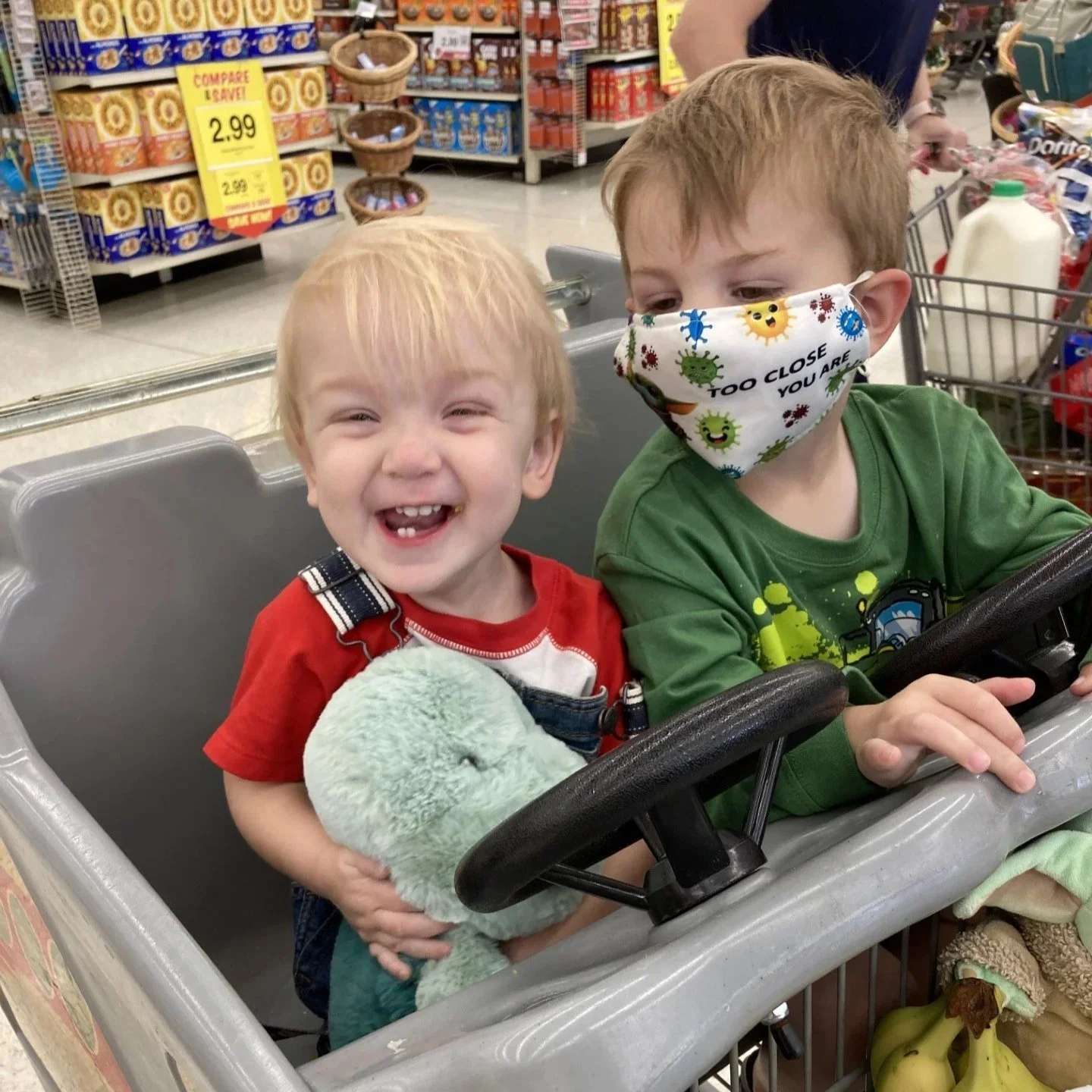Nearly Brainwashed
written by: Rev. Dr. Scott Paczkowski
“Now the whole group of those who believed were of one heart and soul, and no one claimed private ownership of any possessions, but everything they owned was held in common.”
This passage has challenged Christians for centuries. What are we, a bunch of Commies? I thought our democracy came from Almighty God?! Capitalism is ordained by Jesus, right?
One visit Jill and I made to her family’s home in south-central Pennsylvania provided a communal moment. South-central Pennsylvania is a little different from south-central L.A. In south-central Pennsylvania, you have beautiful, rolling mountains with lush valleys. Farm after farm dotted the valley’s landscape. Amidst all these Scots-Irish Presbyterian farmers was a commune of Hare Krishnas.
Jill’s uncle, Freeburn Love, told me about the commune coming to the community and buying a local farm. He was on the board of trustees at the town’s bank, which gave them the loan. He wanted to visit and discover what “those people” were doing with the property. I smelled an adventure and could not wait to go along.
We headed the next day on the seven-mile trek to the Hare Krishna’s farm. We met several people who wanted to make a good impression. The men were bald except for a long ponytail. The women had a red dot on their foreheads. All were wearing colorful draping robes to cover themselves. All were white and from the United States. A child ran wild all around. They talked about all the adults as parents of these children. The biological parents gave little more attention to their children than any other person in the commune.
They shared all their belongings and signed up to do different chores around the farm. The farm was essential to the Hare Krishna’s life because it offered the perfect place to be with their cows. Now, Freeburn knew something about cows, having been a dairy farmer for over 50 years. The commune had a large barn with perhaps two dozen cows. Above each cow’s stall was its name, brightly embossed in what looked like gold. They were harsh in their condemnation when Freeburn revealed he was a dairy farmer and would butcher his cows at the end of their usefulness. But his reply was quick, “At least, during my cows’ life, they were treated much better than yours are now.” Freeburn was accurate in his assessment. While they had stools in front of each cow to pray in their presence, they did not seem well cared for by the residents.
I share this story because the communal sharing seemed honest in the Hare Krishna commune. Yet, there did not seem to be enough commitment to do the work necessary to provide for the farm and its inhabitants. Communal life has worked better in Israel’s kibbutz model, but I wonder if they could survive if forced to be autonomous without the support of the rest of Israel behind them. Life without competition seems to struggle because it fails to provide enough motivation.
Yet, equality remains a virtue we should be striving to attain. I pray this passage challenges each of us to focus on the virtues of communal equality. While it may not work in this society, can it still be a perfection worth striving to achieve? Is Capitalism divinely ordained? What would our world look like if all were provided equally? How would we evaluate people? What would the definition of success be in a communal environment? Perhaps that is the point. At the very least, Jesus wants us to contemplate it and struggle with the beauty of its potential.
(Originally published on Feb. 15, 2017)




